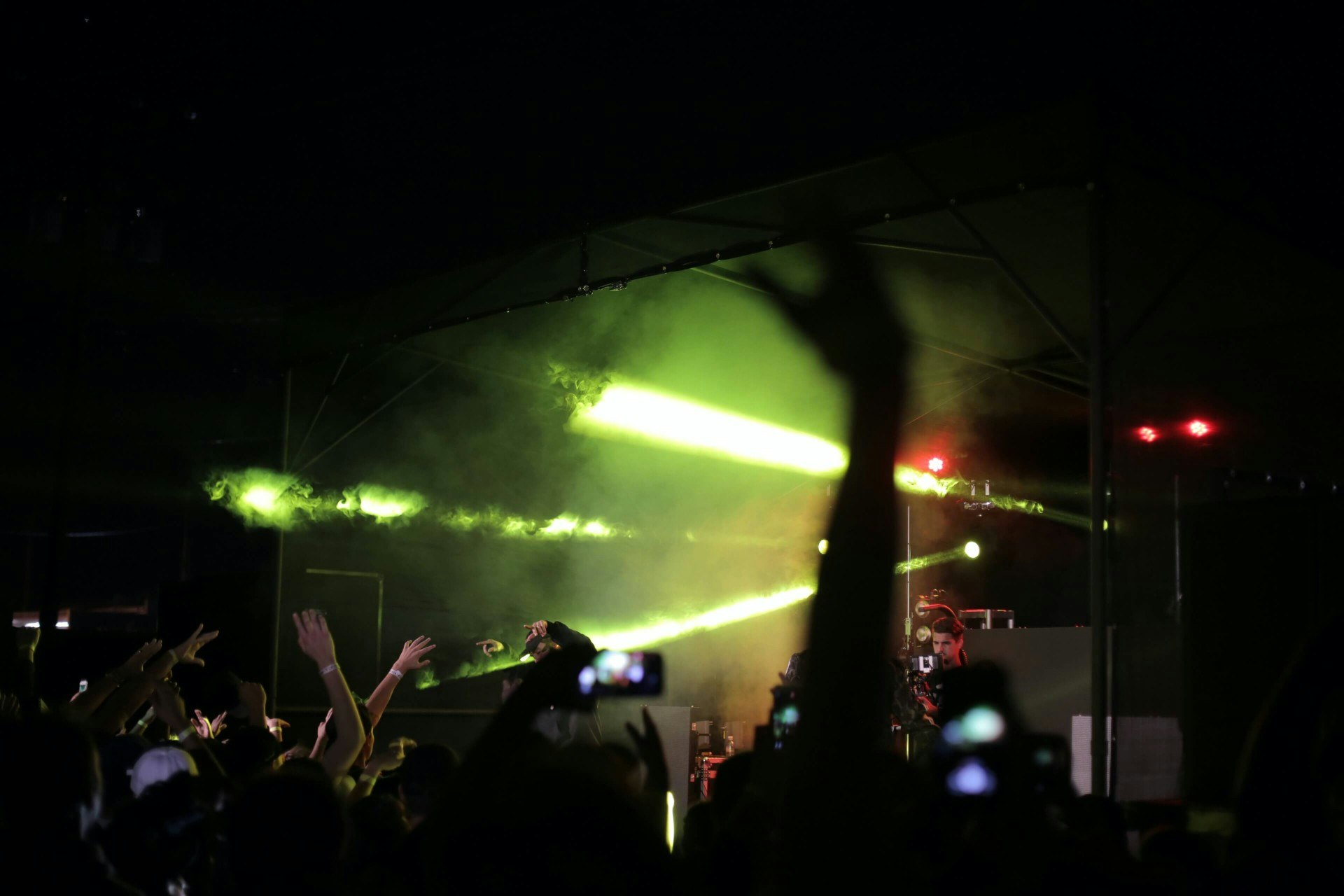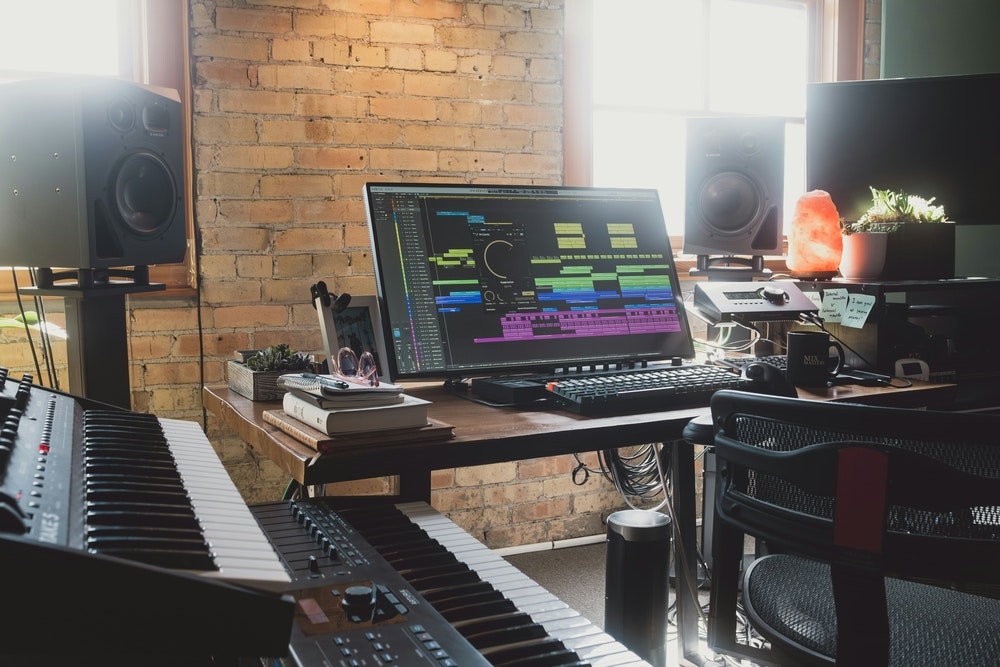
■ Music Production Tips
Put very simply, tinnitus is a sound in the head with no external source. Many describe it as a ringing noise. For others it’s a buzzing, whistling or roaring sound which can last weeks or months, flaring up and down. In extreme cases, this sound can be permanent.
Tinnitus is commonly reported as being caused by overexposure to noise. Hence, many DJs and musicians are implementing precautionary measures to avoid contracting the condition.
Avoiding the condition, even if your life revolves around the studio, gigs and and clubs is possible, and while there’s no known cure for tinnitus yet, there are many things you can do to minimise its effect on your life and music career.
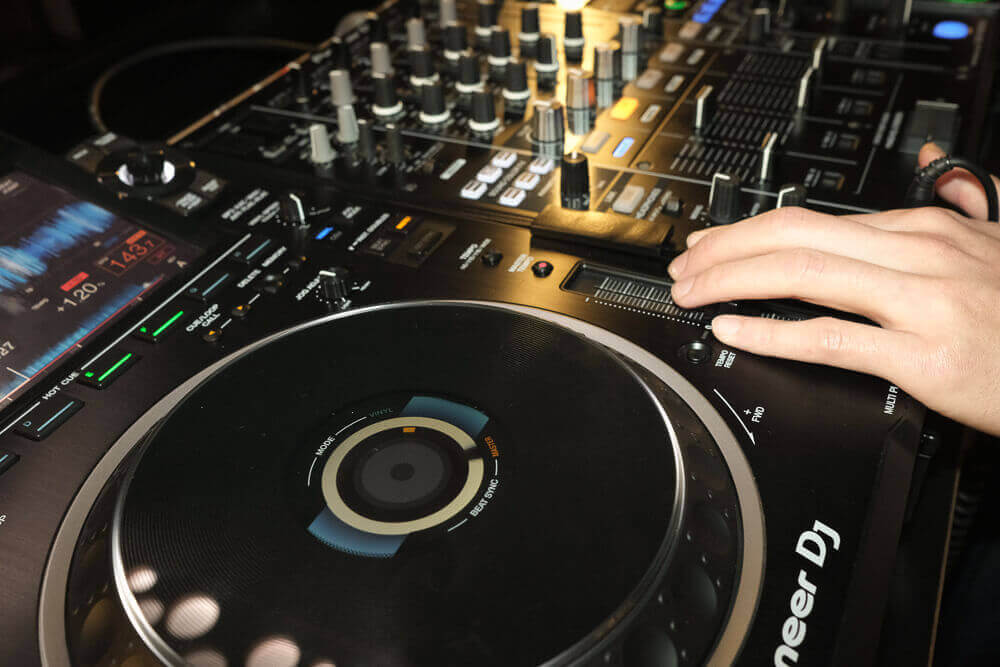
Berlin-based DJ and producer Minor Science has had hearing loss in his right ear since childhood, followed by tinnitus in the same ear for his entire adult life. Hearing health is understandably high on his list of priorities:
“Having this issue and subsequently deciding (unwisely, you might think) to pursue a life in music means I’ve always been super conscious of my hearing health. It was certainly on my mind when I started to DJ more regularly 4-5 years ago.”
The British Tinnitus Association recently revised their estimate of the number of people living with tinnitus in the UK from 10% to 13.2%. However, we can assume this percentage is even higher within the music industry given participants constant exposure to loud noise.
Minor Science describes his typical music exposure as such:
“When not travelling for gigs I work pretty much 9-5, Monday-Friday in the studio, so that’s 7-8 hours of listening per day. When gigging, I have more time away from listening, followed by a few hours of very intense exposure in the club.
To be honest, I’ve found the gigging routine to be more of a strain on my ears than the studio work. DJ booths, in particular, are a nightmare from a noise exposure perspective. Many clubs have bad, piercing monitors which you have to crank up in order to be able to hear what you’re doing.
In the heat of performance it’s easier to forget about caution and turn things right up. Added to which stress, tiredness and alcohol are all classic tinnitus triggers. So during busy gigging periods I often have the sense that I’m damaging my hearing more.”
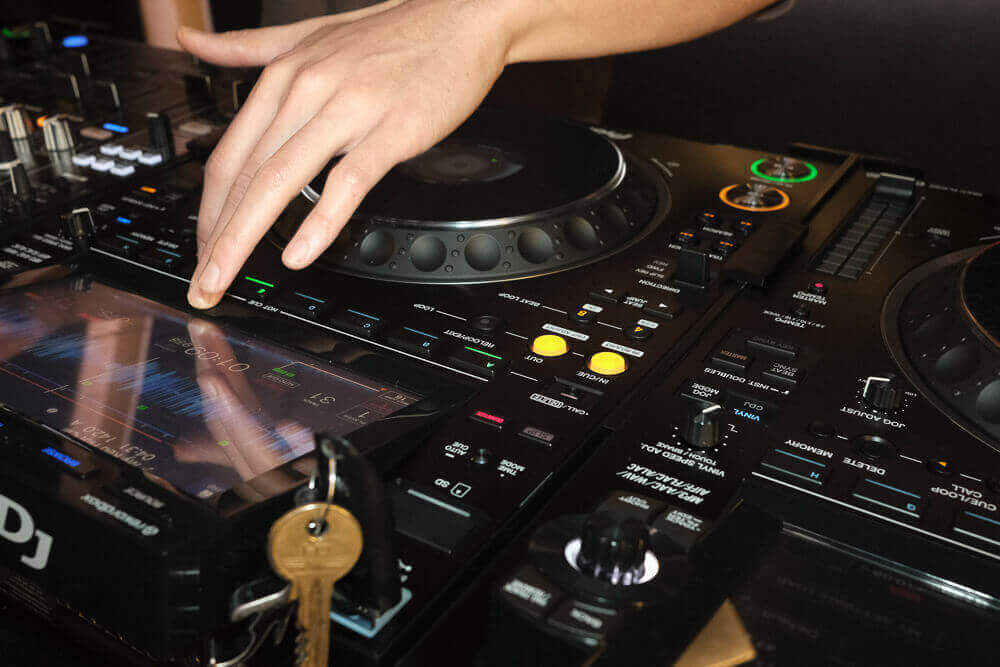
Living with tinnitus and pursuing a career in music is far from uncommon or unachievable. Minor Science reminds me the common myth that tinnitus leads to hearing loss is just that, a myth:
“It’s important to stress that there’s not a 1-to-1 link between tinnitus and hearing loss.
Tinnitus is a neurological/psychological condition and can come and go at different stages in life. Just because it’s bad for a while, doesn’t mean you’ve done damage to your hearing - although it is of course a sign that you should probably tone things down a bit.”
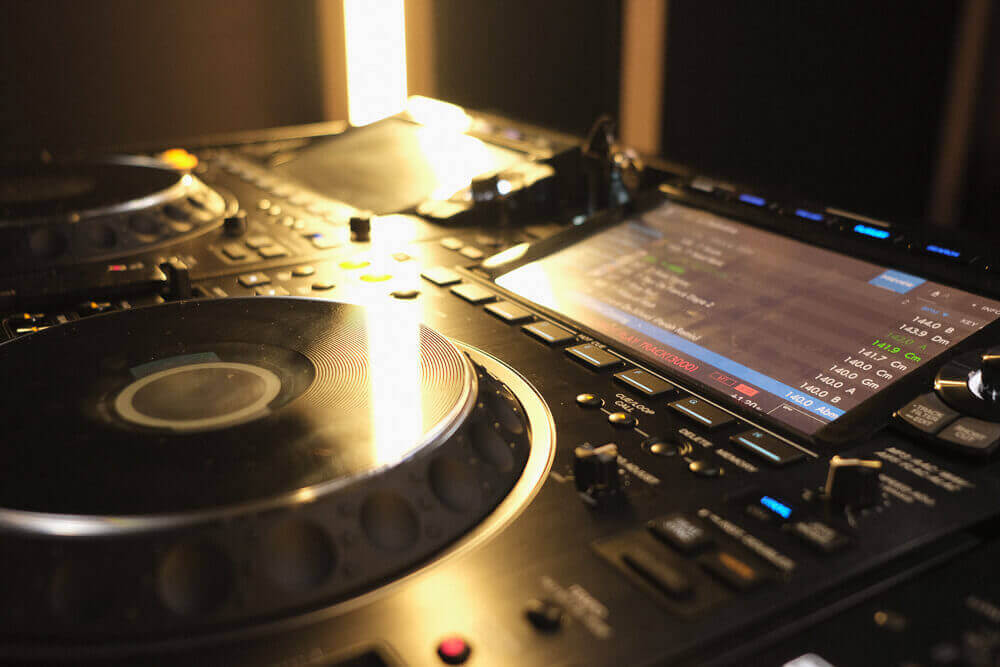
For many in the music world, exposing oneself to loud music is one of life’s greatest pleasures. However, the need to protect and preserve one’s ability to do so complicates the matter greatly.
Interested, I asked Minor Science how his heightened awareness of hearing health affects his sound design:
“In terms of making music, I’ve sometimes wondered whether some of the qualities in my tracks - a certain cleanliness frequencies-wise and a wariness of compression/dynamics processing - come from me trying to avoid sound which triggers my tinnitus and/or tires out my ears. I’m not sure though, those might just be aesthetic choices which I would’ve made anyway.”
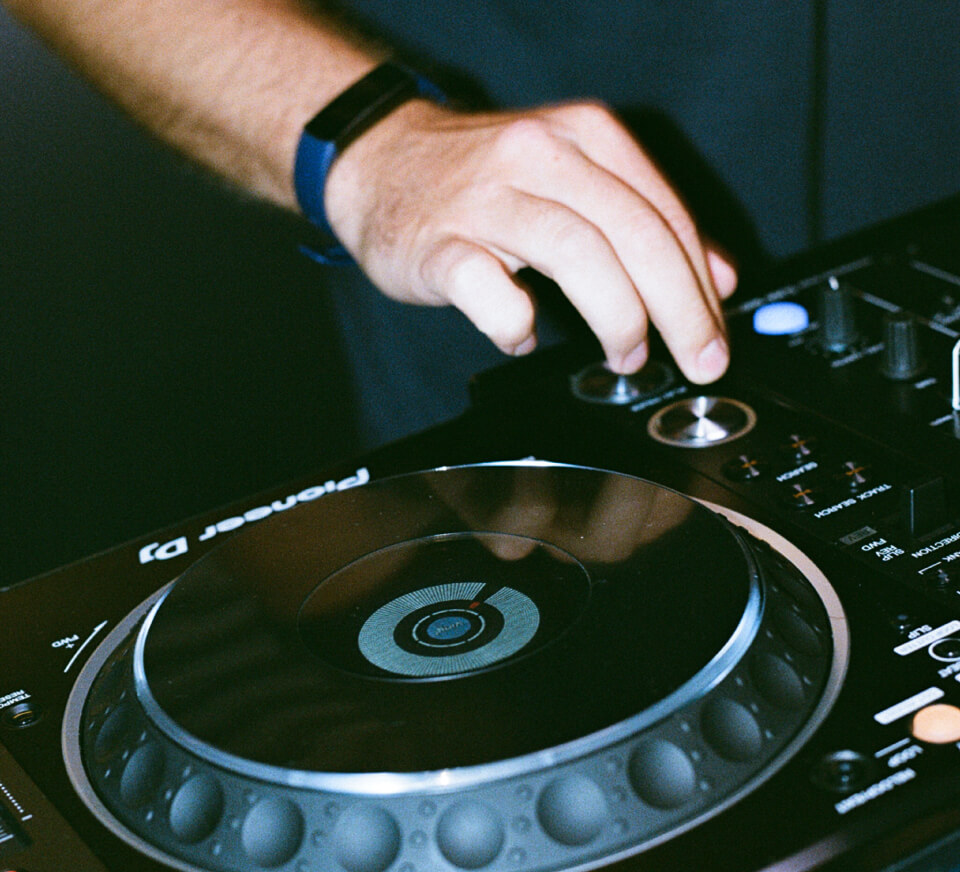
It's important to remember the precautionary measures necessary to avoid or minimise the effects of tinnitus don’t stop after a studio session or gig. Rather, they extend to other areas of an artist or music fan’s lifestyle.
Too much caffeine, alcohol or drugs can all make you more sensitive to tinnitus.
The best way to keep a handle on your hearing health is to go for regular hearing tests. You might have pre-existing hearing loss or damage that you don’t know about. Similarly, you might find you have a build up of wax which needs removing. Over-excessive wax can cause your ears to ring louder. However, you should never attempt to remove this by sticking objects in your ears or with candles.
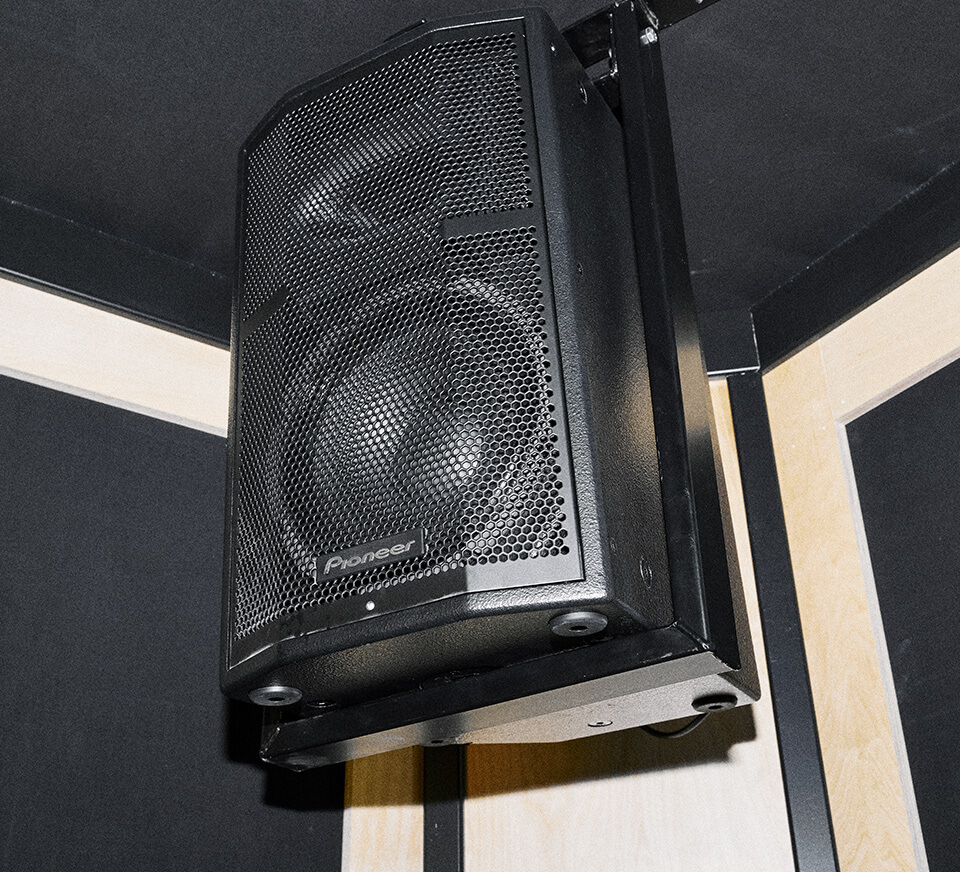
Wearing earplugs while gigging or attending gigs is arguably the most widely known and important precautionary measure you can take to avoid or cope with tinnitus.
Professional musicians living in the UK can apply for the Musicians' Hearing Health Scheme, which offers a hearing consultation and a set of musicians' ear plugs for £40. There are also a plethora of earplug solutions available on the market at every price point for non-professional musicians and music fans.
Minor Science wears custom-molded musicians’ earplugs in "all live music/club situations,” whether performing or not. However, even in these, he describes some club environments as "painfully loud".
Though becoming more widespread, there is some resistance to earplugs across the music industry. Some feel music simply isn’t made to be listened to through earplugs, others fear they won’t really be able to hear what they’re doing while performing.
Minor Science recalls his adjustment period to using earplugs as such:
"DJing with earplugs in is only difficult/weird the first few times - you get used to it very quickly. I find it helpful to put the earplugs in as soon as I arrive in the club, so that I don’t internalise a sense of how loud the sound ‘should’ be.”
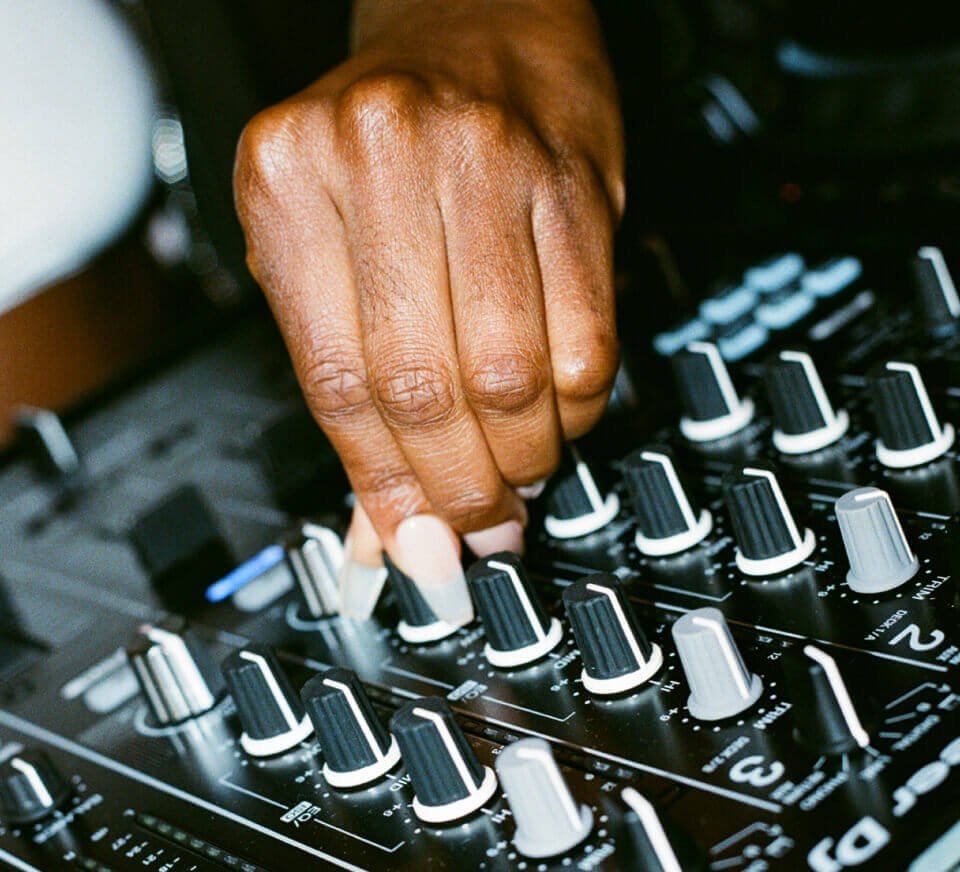
It’s easy to let the volume creep up when you’re listening to music on a noisy train or trying to drown out your breath on a run. This is why it’s important to always keep an eye on how loud your headphones are.
Similarly, if you’re in the studio making music, you should always be aware of how loud your monitors, headphones and speakers are.
As someone who tries to spend up to 8 hours making music on the days he can, Minor Science recalls being stricter on his studio volume levels in the past than he is now:
“When making music, I’m careful about how loud I’m monitoring. I used to be very strict with myself about not exceeding a certain volume threshold which I’d set at the start of the session when my ears were fresh. Now I’m a bit more relaxed about it, but try to jump around between different monitoring levels throughout the day. Listening breaks (say, 5mins every half an hour) are also a big part of my routine.”

It’s worth noting that there are many frightening forums online discussing living with tinnitus and living with tinnitus as a musician - these are best avoided as they generally spread distorted views which increase stress.
If you’re worried about your hearing or tinnitus, you can contact The British Tinnitus Association helpline on: 0800 018 0527
Professional musicians can also contact Help Musicians UK for advice and help. As previously mentioned, they have a great hearing health scheme which you can access here.
For more music industry tips, tricks and advice, or to access up-to-date music industry news, head to the Pirate.com Blog.
To hone your skills as a podcaster, band, producer or DJ, book a Pirate.com studio in the UK, US or Germany.
